
There was a time when specific phrases rolled off our tongues without a second thought. But as culture evolved and awareness grew, many of those once-common sayings have become cringeworthy at best and even offensive. What was once “just a joke” or “harmless fun” now reveals blind spots of a different era. Curious how much the world has changed?
Scroll on to see 20 things we used to say that are no longer cool today.
“Man Up”

Once tossed around to demand toughness, “man up” reinforces toxic masculinity by discouraging emotional expression. It shames vulnerability, excludes non-masculine identities, and sends the damaging message that strength means silence. Today, we know courage comes in many forms, and emotional honesty is one of them.
“No Offense, But…”

If you have to say “no offense,” are you already being offensive? It’s a linguistic loophole for delivering judgment without owning it. You can instead just be kind without the disclaimer and give your opinion in a non-judgmental way.
“That’s So Gay”
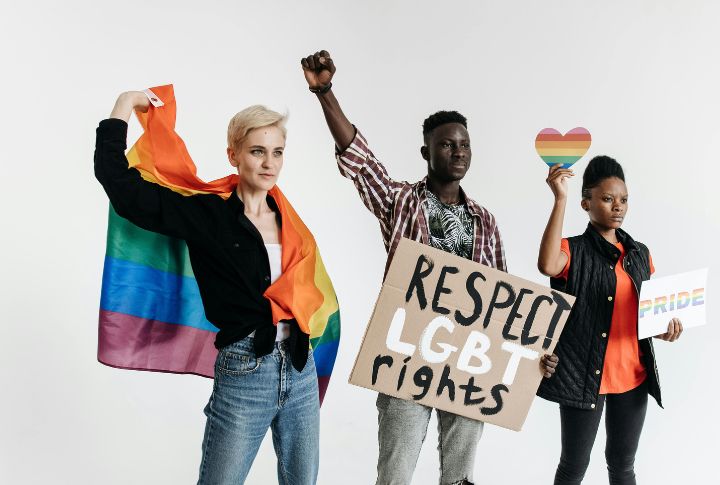
Using “gay” as shorthand for weird or uncool is just harmful. Casual remarks like this normalize homophobia and make LGBTQ+ individuals feel unwelcome. Since words shape our environment, inclusivity starts with eliminating language that mocks or marginalizes identities.
“Crazy” (In Some Contexts)

Calling something “crazy” may seem casual, but it trivializes severe mental health conditions. It even turns psychiatric struggles into slang, fueling stigma and misunderstanding. Instead, choosing more accurate words shows empathy and supports the push for mental health awareness and respect.
“Indian Giver”
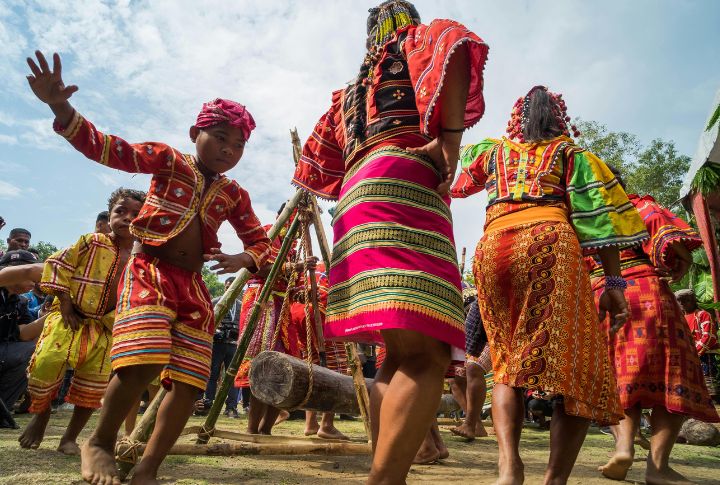
At its core, the expression accuses someone of giving and then taking back, an idea rooted in harmful stereotypes about Native American communities. But behind those words lies a legacy of broken treaties and profound cultural misunderstanding. Genuine respect begins by retiring language that distorts someone else’s history.
“Gypped”
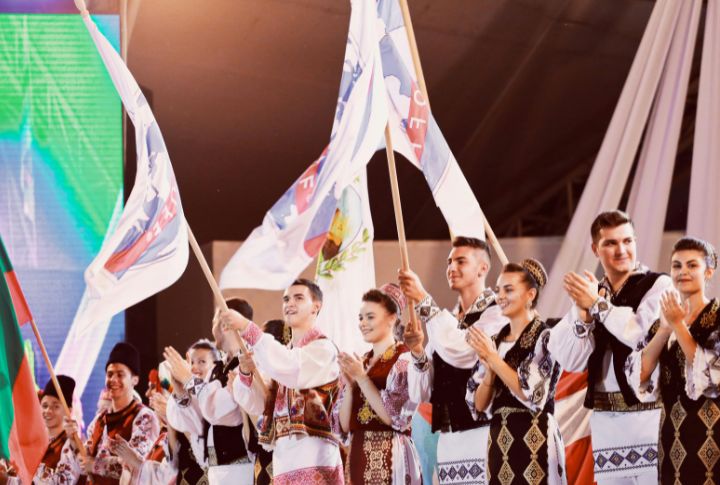
What sounds like harmless slang for getting ripped off carries a troubling past. “Gypped” stems from offensive stereotypes about the Romani people, embedding casual racism into everyday speech. Choosing neutral alternatives is about unlearning inherited bias and promoting respect across cultures.
“Retarded” (As An Insult)

Once a medical term, “retarded” became a cruel slur used to demean those with intellectual disabilities. It strips individuals of their dignity and reinforces stigma. Advocates now promote person-first language that centers respect because words influence how society values and includes people.
“Long Time No See”
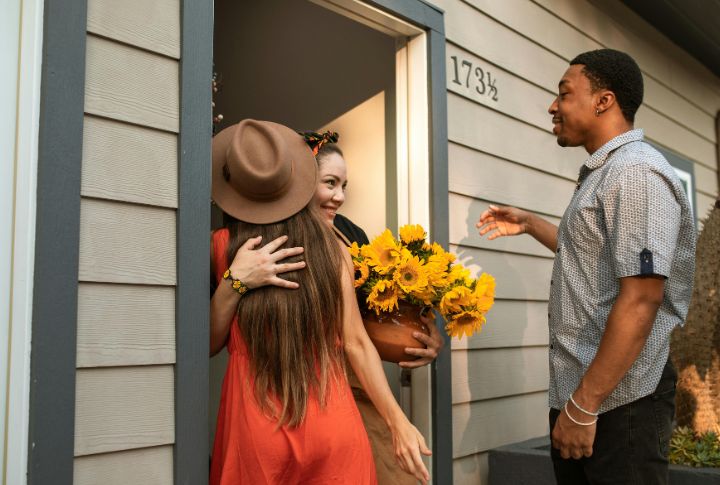
It sounds friendly, but its roots lie in mocking the broken English of Native Americans or Chinese immigrants. Originally used to stereotype and ridicule, the phrase reflects how casual language can carry traces of cultural disrespect even when used innocently today.
“Peanut Gallery”

Born in the balconies of segregated theaters, this phrase carries the residue of racial and class-based exclusion. What once labeled the “rowdy poor” still lingers in our language. It’s a reminder that inequality just hides in words we forget to challenge.
“Rule Of Thumb”
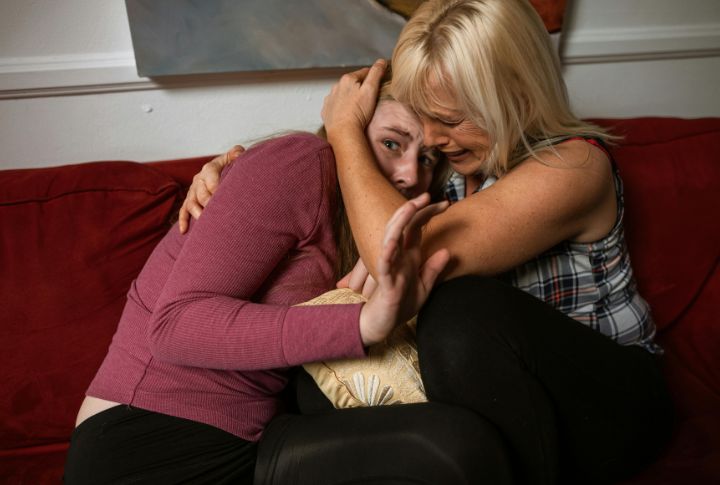
While likely rooted in old measurement practices, the phrase’s debated link to domestic violence sparked discomfort. Its endurance reveals how language can echo harmful cultural norms even when origins are uncertain. Raising awareness about such idioms invites us to question what we normalize in everyday speech.
“No Can Do”

What sounds like a lighthearted way to say “no” actually mimics broken English, once used to mock Asian speakers. The playful tone hides a long history of ridicule. For many, it’s a reminder that even casual phrases can echo deep-rooted cultural humiliation.
“Spaz” Or “Spastic”

Once used cruelly on playgrounds and screens, this word mocked people who fought battles most never saw. For those with cerebral palsy or neurological conditions, it was a scar. Language should never leave someone feeling broken for being born or mock them for things that are out of their control.
“Tribe” (Used Casually)
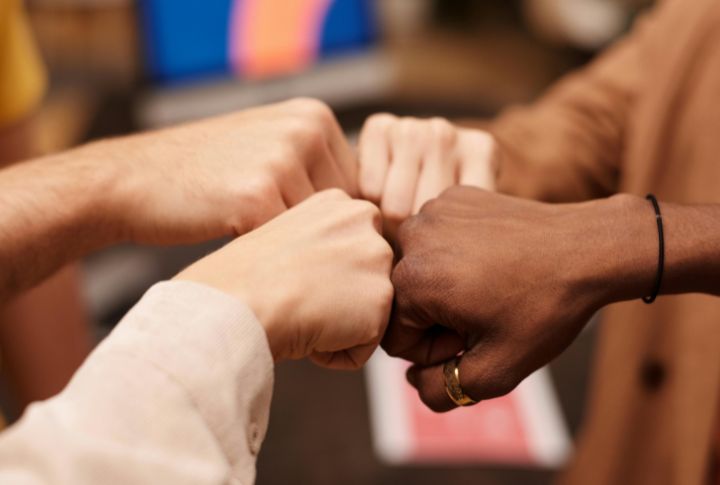
For many, “tribe” evokes closeness or loyalty. But for Indigenous communities, it’s a sacred term tied to history and survival. Diluting its meaning for trendiness erases that legacy. Genuine respect means reserving such words for those whose stories they were born from.
“Eskimo”

“Eskimo” is now seen as derogatory because it was imposed by colonizers and is believed to mean “eater of raw meat,” a label many Yupik people reject. It overlooks rich cultural distinctions and self-identification. Preferred terms like “Inuit” promote respect and Indigenous autonomy in language.
“Crazy Eyes”

It starts young with the teasing and the nicknames. Eyes that look different become a target. But behind every taunt is a person just wanting to feel normal. What we laugh at can haunt someone forever. Isolating someone for a physical deformity is the worst form of upbringing.
“Candy Girl”

We once thought calling girls “sweet” or “adorable” was harmless. But those labels stuck and defined girls by sugar and softness before they could define themselves. Childhood should be about possibilities, not pink-tinted boxes. Now, we should focus on raising generations that know how to respect women.
“You Throw Like A Girl”
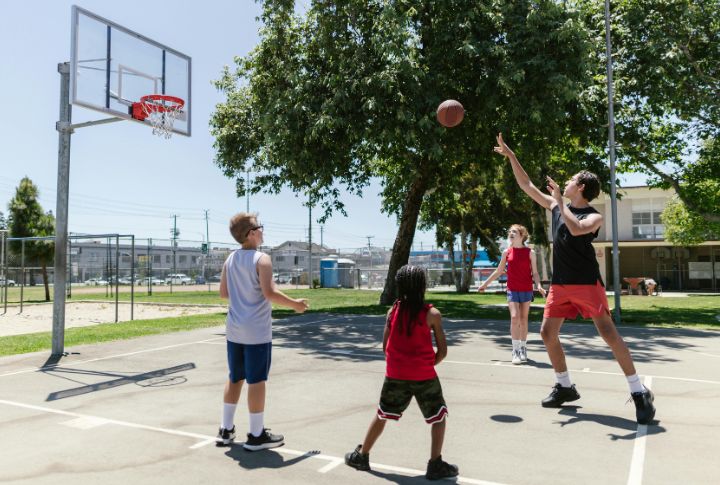
Insults like this teach kids that femininity equals weakness. And these digs don’t just sting in the moment; they shape confidence and how kids see themselves in the world. Language molds self-worth. Imagine a group of girls listening to you saying this phrase to your son.
“Colored People”
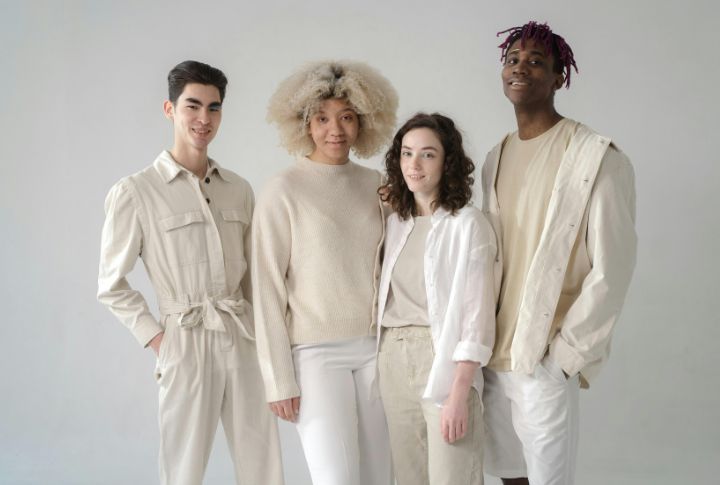
Language reflects who holds the pen. “Colored people” categorized humans like paint, removing individuality. Replacing it with “people of color” might seem small, but it centers humanity over hierarchy. Words evolve, and with them, so should our understanding of respect.
“Boy, You Look Tired”

She worked late, skipped sleep, led a meeting, and still showed up. Yet the first thing she hears is a comment on her looks. It’s a reminder that appearance still overshadows achievement. Plus, it undermines what women do around the house and in the office.
“Handicapped Parking”

Once a common phrase, now a marker of progress. “Accessible parking” may seem like a technicality, but for millions, it’s validation. It shifts the focus from disability to dignity. Changing a word changes a worldview, one that sees people, not conditions.

